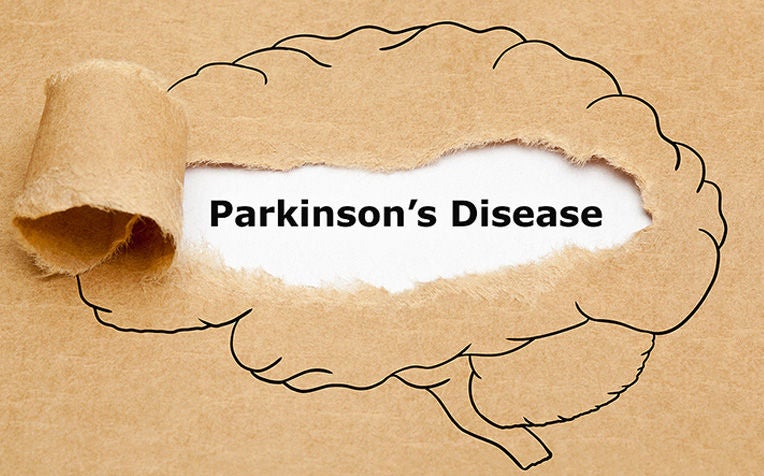
Parkinson's disease is one of the top four brain conditions in Singapore.
Some 8,000 people are living with Parkinsons in Singapore, yet this condition with its misconceptions often causes confusion. Professor Louis Tan, Senior Consultant from the Department of Neurology at National Neuroscience Institute (NNI), a member of the SingHealth group, sifts through the myths and sets the record straight.

Myth 1: Only the elderly gets Parkinson's disease.
 Fact: Parkinson's disease can affect adults at
any age.
Fact: Parkinson's disease can affect adults at
any age.
Parkinsons is most common in people over 60 years old, but it can affect younger adults too:
- 1 in 8 Parkinsons patients are under 50 years old
- 1 in 20 Parkinsons patients are under 40 years old
Related article: What to Do When Parkinsons Strikes

Myth 2: If I have Parkinson's disease, my children/grandchildren will definitely get it.
 Fact: Parkinson's disease is
not usually passed on through the genes.
Fact: Parkinson's disease is
not usually passed on through the genes.
A genetic link is more common when a family member has been diagnosed with Parkinsons when he or she was under 50 years old.

Myth 3: All people with Parkinson's disease have a tremor.
 Fact: Parkinson's disease affects people in
different ways.
Fact: Parkinson's disease affects people in
different ways.
About 70% of patients have a tremor. Other symptoms include:
- Stiff arms and legs
- Slow movement
- Problems walking and balancing
- Changes in speech and writing

Myth 4: There is no treatment for Parkinson's disease. It is a terminal illness and fatal.
 Fact: There are effective treatments and people with Parkinsons can live for
more than 20 years after a diagnosis.
Fact: There are effective treatments and people with Parkinsons can live for
more than 20 years after a diagnosis.
It’s true that there is currently no cure for Parkinsons and it does get worse over time, but many live between 10 and 20 years after they are diagnosed. Medication, regular exercise, therapy and in some cases, Deep Brain Stimulation (DBS) surgery, can help control symptoms.
Related article: Deep Brain Stimulation (DBS) - How It Treats Parkinsons

Myth 5: People with Parkinson's disease do not suffer from dementia.
 Fact: People in more advanced stages of Parkinsons
can get dementia.
Fact: People in more advanced stages of Parkinsons
can get dementia.
Forgetfulness and thinking problems such as difficulties with planning and multi-tasking can occur in Parkinsons. These can get worse over time and lead to dementia in more advanced stages.
Related article: Dementia in Singapore
To learn more about Parkinson's disease and other movement disorders, visit the NNI website: https://www.nni.com.sg/patient-care/conditions-treatments/parkinson-disease-and-movement-disorders
If you or someone you care for has Parkinsons and would like practical advice and support, please contact the Parkinson Society Singapore: https://www.parkinson.org.sg
Because #healthiswealth #healthforgood
Check out other articles on parkinson's disease:
How You Sleep May Determine If You are at Risk of Parkinson's
What to Do If Parkinson Disease Strikes
How to Manage 'On' and 'Off' States in Parkinson's
Videos: Exercises for Parkinson Patients
Staying Active with Parkinson's
Ref: L20
Contributed by


















 Get it on Google Play
Get it on Google Play